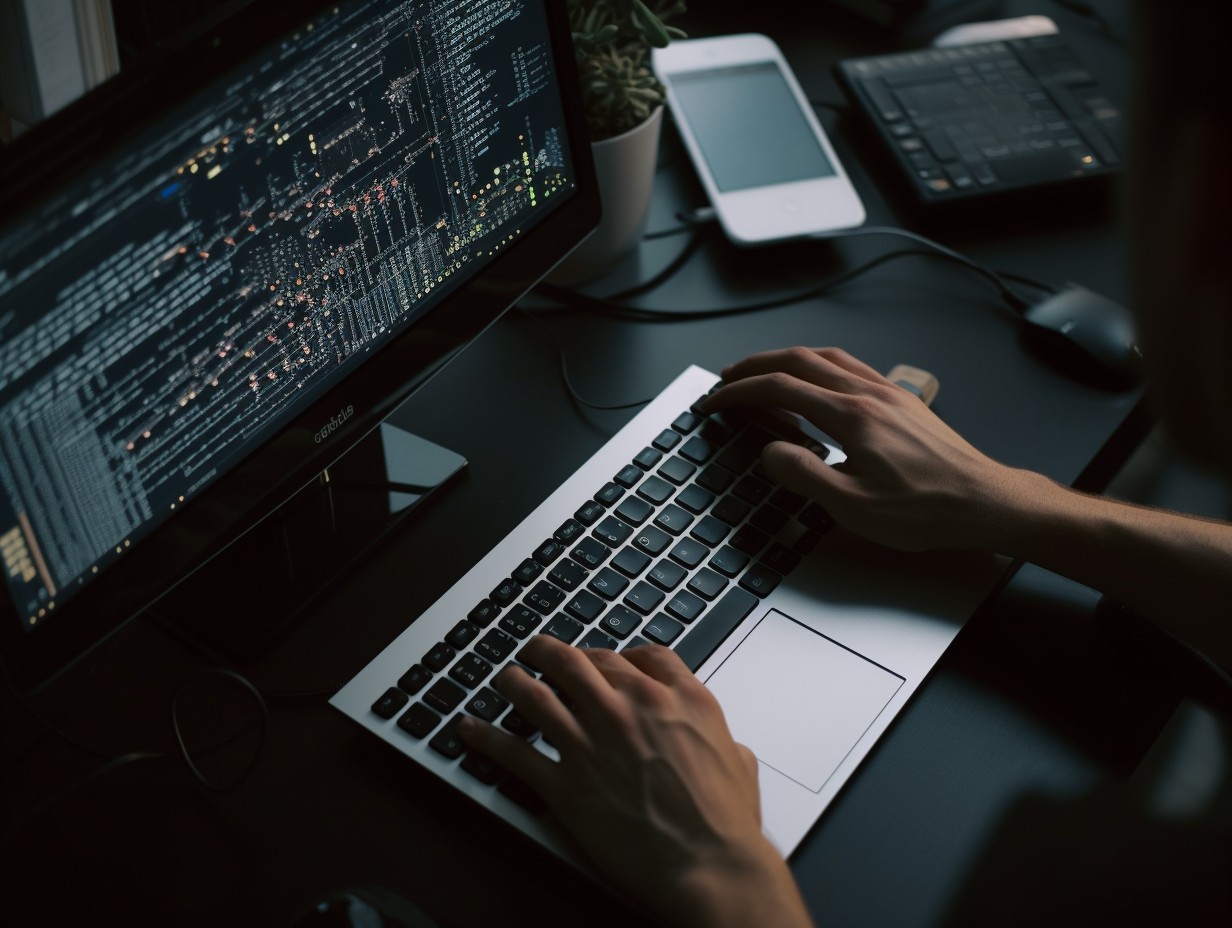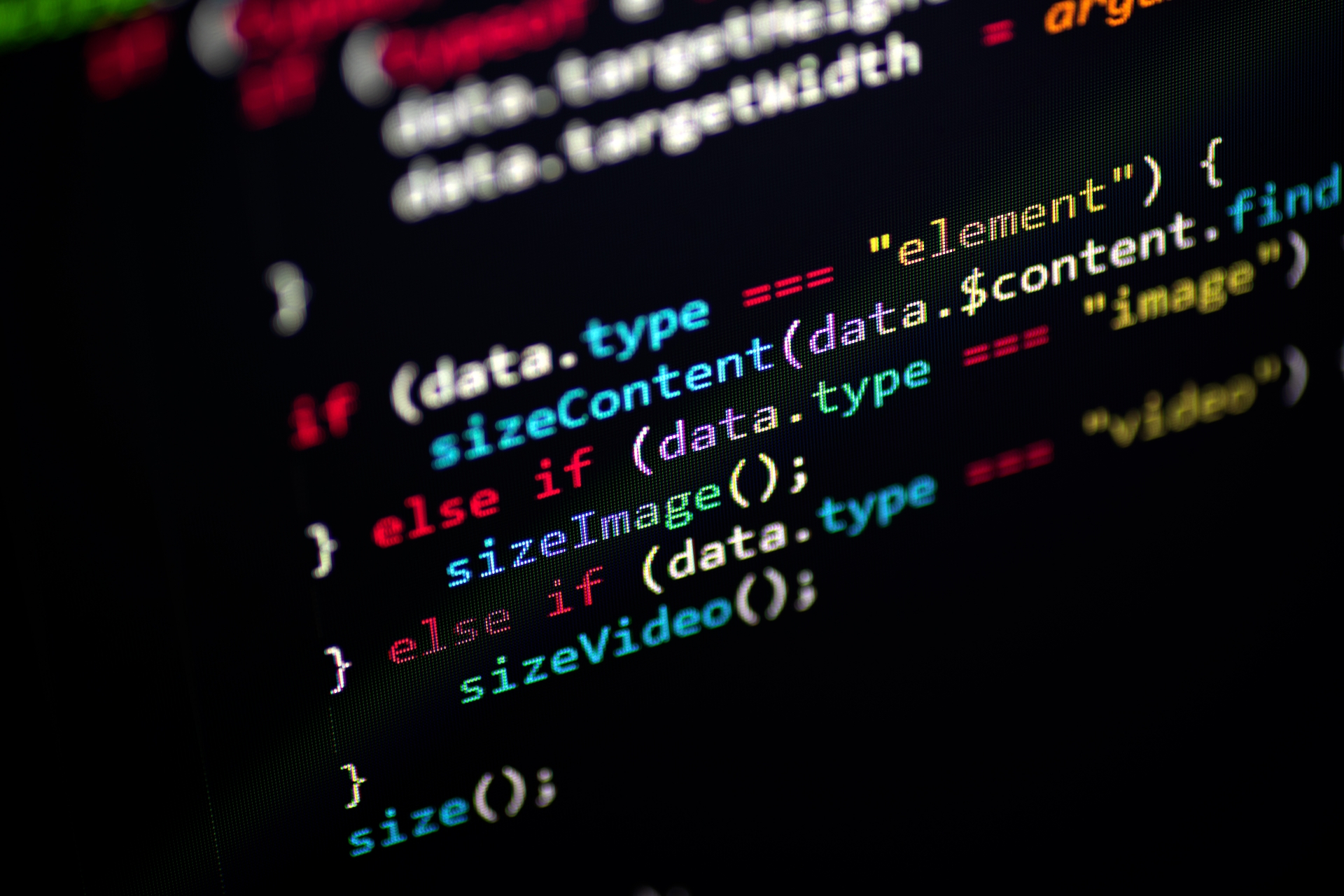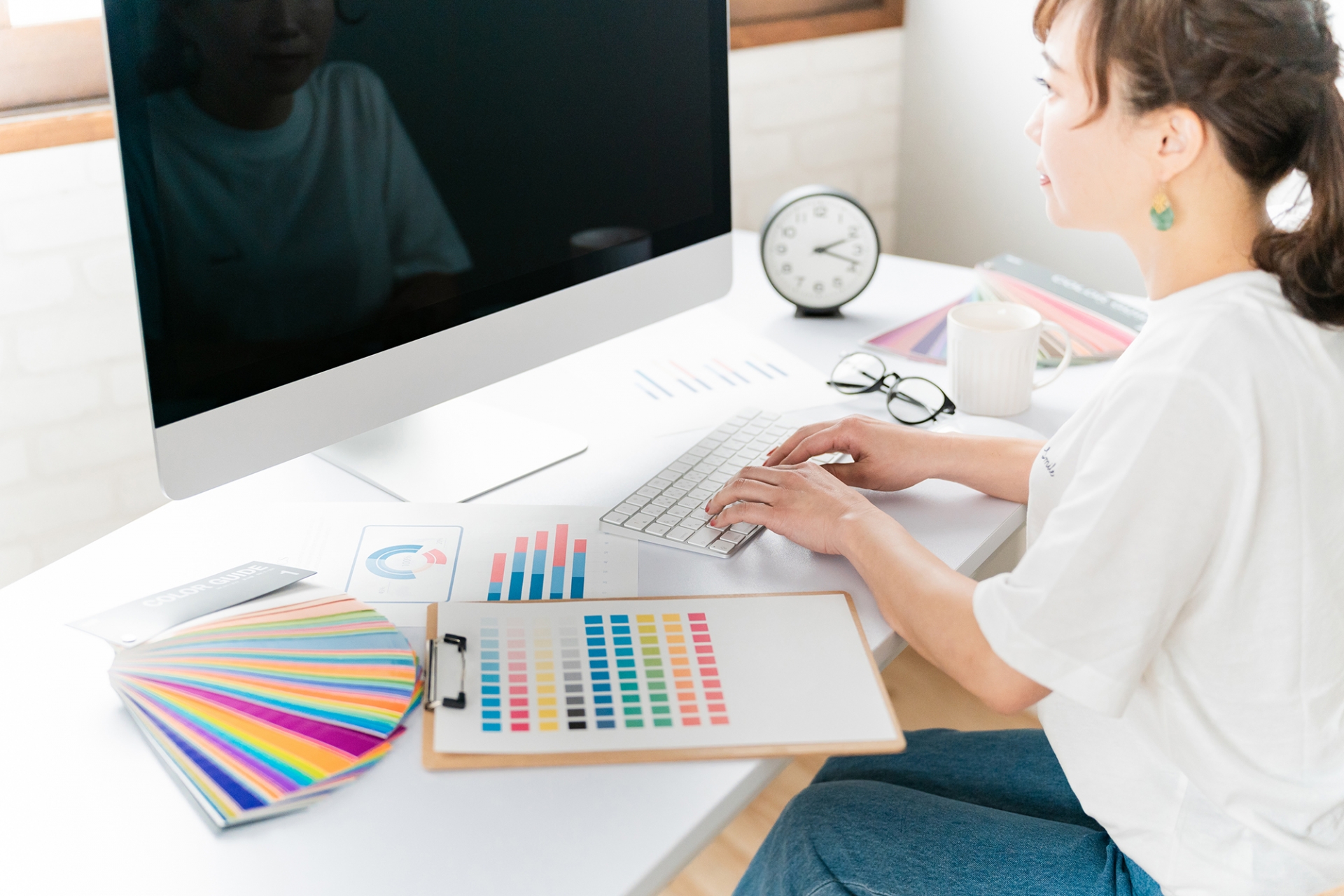Stress and anxiety: how alcohol affects your mental health
However, for the best results, your doctor will likely treat them together. It’s often a lifelong commitment, but one that can improve your life, health, and well-being in the long term. Because alcohol can make you lose your inhibitions and act more impulsively, it may lead to actions such as self-harm or suicide. Specific support is also available if you need help with your drinking.
For people who use alcohol as an avoidance strategy, however, a relapse can be especially costly. Moreover, use of alcohol to avoid anxiety during an exposure exercise also can interfere with the corrective learning process required for extinction of the anxiety response. Indeed, research findings suggest that exposure-based methods can lead to worse alcohol outcomes for comorbid individuals and that alcohol use during exposure may hinder extinction (e.g., ,Randall et al. 2001).
The Reasons You Feel Anxious the Day After Drinking
Alcohol is a mild anesthesia and will put you in the mood for sleep — at least initially. Later in the sleep stages, alcohol disrupts REM sleep and paralytic sleep, which is when your body rejuvenates itself. Drinking can also cause hangovers, which usually consist of symptoms like nausea, dizziness and headaches. It provides support from psychologists with online cognitive behavioural therapy to help young people learn coping strategies to manage both anxiety symptoms and alcohol use. Many people drink alcohol as a way of coping with or managing symptoms of anxiety.
Alcohol affects the part of your brain that controls inhibition, so you may feel relaxed, less anxious, and more confident after a drink. The chemical changes in your brain can soon lead to more negative feelings, such as anger, depression or anxiety, regardless of your mood. Not only that, but alcohol consumption releases cortisol, the stress hormone, and interferes with quality sleep—and then decreases the ability to regulate emotions the next day. In a 2021 study published in the journal Alcohol and Alcoholism, participants reported reduced emotional regulation after a night of drinking, and they were more likely to rate images presented to them negatively. It’s a natural human response and usually passes once the situation is over – for example around a job interview.
It also is notable that the optimal sequence and timing of treatments remain undetermined even after decades of scientific inquiry. In light of the current evidence, the most practical approach to combining treatments is to weigh the benefits and drawbacks of each method and apply them judiciously. Caution also eco sober house review is suggested with the use of MAO-Is and TCAs for comorbid individuals. These beverages include certain beers (e.g., imported beers, beer on tap, and nonalcoholic or reduced-alcohol beers), red wines, sherry, liqueurs, and vermouth, which is critical to know when treating people who also have alcohol problems.
Self-Medicating Anxiety With Alcohol
They usually start when people are in their twenties but can also happen to teenagers. Many college students use alcohol to cope with anxiety caused by tension, chronic worrying, nervousness and trouble sleeping. You may not realize how much alcohol you’re actually drinking in a week. A good first step is to keep a record of how much alcohol you drink and of when you don’t drink throughout the week. Drinking alcohol excessively can also get in the way of other activities, your relationships, and your self-esteem, which can further affect your mental health.
Anxiety is a common symptom of hangovers for those who drink heavily during the weekends. This is sometimes called “hangxiety,” Koob said, noting anxiety can spike between bouts of intoxication for those who drink excessively on a regular basis, such as people with AUD. People can usually manage all types of anxiety successfully by using a combination of lifestyle changes, https://soberhome.net/ medications, and therapy rather than alcohol. A 2017 study found that, when researchers measured anxiety clinically, levels of anxiety were higher in those with AUD than those without when they faced stress. According to some animal research, those who drink alcohol in their youth may be more prone to anxiety in adulthood, which might suggest a causal relationship.
Alcohol and mental health
Summarily, the relationship between alcohol and anxiety results from the misconceptions and misinformation that many people hold about the substance. There are short-term effects that may appear to be helpful, but there will be more damage than good for the longer term. For anyone living with alcoholism or alcohol anxiety disorders, it is best to seek treatment from a certified healthcare professional as soon as possible. Facts drawn from a series of studies and trials confirm the fact that there is a certain relationship between alcohol and anxiety.
- Alcohol-induced anxiety is the uncomfortable feeling that can happen after drinking heavy amounts of alcohol.
- As alcohol is a sedative and depressant, it can relieve feelings of fear and anxiety in the moment.
- But trying to relax with a drink or two may not give you the long-term anxiety relief you want.
- Alcohol anxiety after a long night of drinking is more common than one would imagine.
However, when it is experienced at high levels or too regularly, it should be a cause for concern and medical investigation. Stress is a common trigger for anxiety, but several other factors could lead to or increase the chances of experiencing the condition. After a month and a half of taking Ozempic, Jenny Kent said her mental health troubles had started to affect her whole life. At work, she’d find herself reacting to run-of-the-mill requests as if she was being unjustly fired. She began withdrawing from her friends and hiding her feelings from her family. She explained that these kinds of incidents often don’t happen during the drug’s clinical trials because those studies include relatively small numbers of patients who are taking the drug for a limited time.
How alcohol can cause anxiety and why you shouldn’t treat anxiety with alcohol
Once a drug is on the market, millions of patients might take it for years. Individuals who suffer from Panic Disorder are prone to recurring, severe panic attacks. They are so frequent that people with Panic Disorder are often anticipating the next one. These attacks can mean sweating, pounding heart, shaking, choking, shortness of breath, or a sense of impending doom.
If you think you need to talk to someone about how much alcohol you’re drinking, help is available – make an appointment to see your GP for advice and support. You may notice you feel brighter and you’re getting on with your life better. But if your low mood doesn’t improve and affects your quality of life, it’s important to contact your GP for help and support. It may feel like this helps in the short term, as you may feel more relaxed. Alcohol lowers your inhibitions, so you may say and do things more freely than when you’re sober. If you’re feeling nervous or anxious at a party, you might use alcohol to help you feel more confident and less afraid.
How to help your child with back-to-school anxiety
Anxiety can become a health problem if it affects your ability to live your life as fully as you want to. Drinking heavily can cause people to perform volatile actions that they would not normally engage in or may result in a blackout. This can induce stress the next morning — especially for those who do not remember what happened the night before. But, “in essence, for every action a drug or alcohol has, our bodies will produce an equal and opposite reaction,” Bhatt said. According to AA, 27% of approximately 6,000 members were sober for less than 1 year, and 22% were sober for 20 plus years. Also, success rates can be hard to document due to relapses and treatment be challenging.
Stress and anxiety: how alcohol affects your mental health
This page explains more about anxiety, why alcohol can trigger it or make it worse, and steps you can take to feel better. I am having persistent anxiety, basically everyday, I am woken up at around 4/5am with a excited/dread feeling in my chest area. The fact that all these physiological changes can cause symptoms so similar to those of a panic attack can trick your brain into having a real one.







この記事へのコメントはありません。